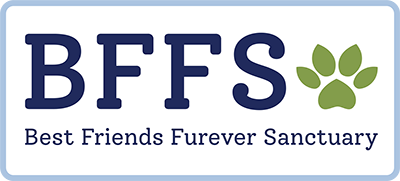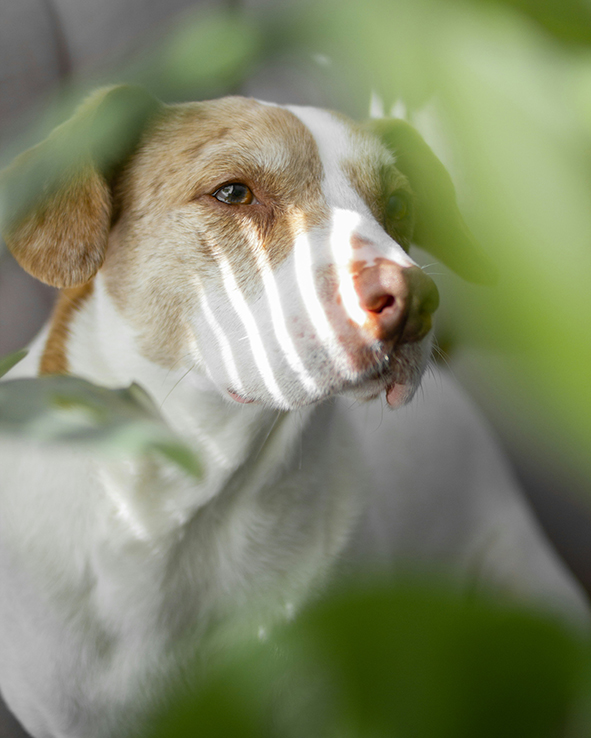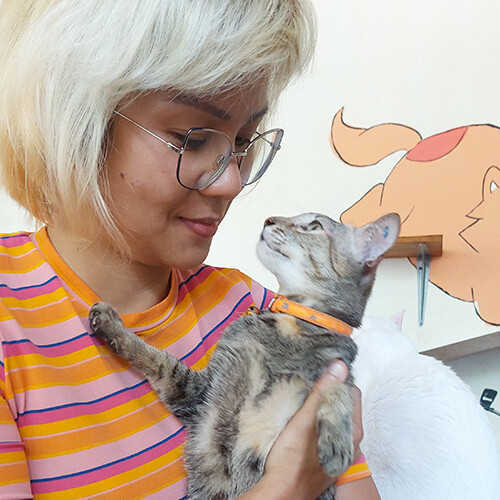Are you thinking of getting new houseplants? We don’t blame you – we have countless plants too! It’s a great way to liven up your space. But if you have pets, you might want to reconsider your options. Some popular house plants are toxic to animals, with effects that range from mild irritation to severe health problems!
Toxic Houseplants
- Sago Palm: Every part of this plant is toxic and can cause liver failure and vomiting upon ingestion.
- Lilies: Particularly harmful to cats, Lilies can cause vomiting, excessive drooling, and kidney failure.
- Aloe Vera: While topical uses are generally safe, ingesting Aloe Vera can irritate your pet’s digestive lining, and cause diarrhea and vomiting.
- Pothos (Devil’s Ivy): This plant contains calcium oxalate crystals. Ingestion of Devil’s Ivy (Pothos) can cause oral irritation, excessive drooling, and vomiting in pets.
- Dieffenbachia: Also known as ‘Dumb Cane’, the calcium oxalate crystals in its leaves can lead to severe oral irritation, difficulty swallowing, and even death.
We know what you’re thinking – what?! Even pothos?! Everyone has pothos!
Thankfully, there are measures you could take if you already have these plants at home.
Precautionary Measures
- Research the plants you already have. Are they toxic, or pet-safe? Consult reliable sources such as the ASPCA for plant toxicity information.
- Consider placing your (toxic or non-toxic) plants somewhere pets can’t reach, minimizing contact. It’s a win-win situation: no ruined plants for you, and no upset tummy for your pet!
- Monitor your pets around plants. Are they too curious? Perhaps a distraction could help – a toy that looks like a plant or a chicken-shaped squeaky toy; whatever works.
Non-toxic Houseplants
In addition to taking precautions, pet owners also do well to consider non-toxic alternatives for their houseplants. There are many beautiful and safe plants to choose from that will not harm your pets.
- Spider Plant: This hardy plant is safe for both cats and dogs. It’s also known for its ability to thrive in various light conditions.
- Boston Fern: Also called Sword Fern, this plant is non-toxic and can be a lush addition to any home, though it requires humidity,
- African Violet: A popular flowering houseplant that is safe for pets and thrives in moderate light and humidity.
- Peperomia: These easy-to-care-for plants come in various textures and colors, making them a delightful choice that is non-toxic to pets.
- Orchids (Phalaenopsis): Many varieties of orchids are safe for pets and add a touch of elegance to home décor.
Conclusion
Some houseplants are toxic to our pets – but that doesn’t mean we need to throw them all out the window! There are steps we can take to ensure our pet’s health and safety. By being aware of toxic and non-toxic plants, pet owners can create a beautiful and safe indoor environment for their furry companions. More power to hoolamans!



